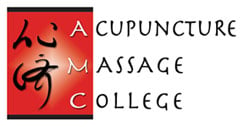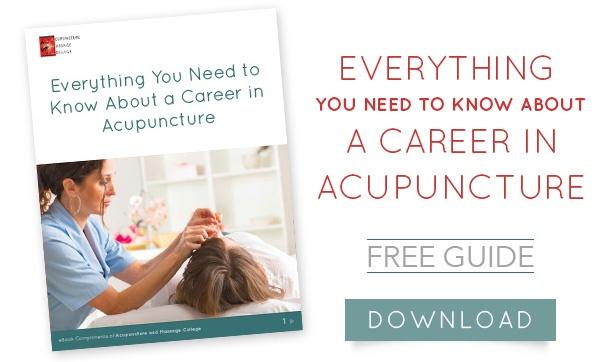 Those who are interested in a career in Oriental medicine are often pursuing this growing field because it offers flexibility. But there's a lot more you should know about this growing field if you're thinking about pursuing a career in it. Here are few things you should know from the perspective of an experienced Oriental medicine professional:
Those who are interested in a career in Oriental medicine are often pursuing this growing field because it offers flexibility. But there's a lot more you should know about this growing field if you're thinking about pursuing a career in it. Here are few things you should know from the perspective of an experienced Oriental medicine professional:
First, it's important to understand where Oriental medicine comes from and how it differs from Western medicint. Oriental medicine, otherwise known as Chinese medicine, is a centuries-old practice that focuses on the mind/body connection and overall wellness. Its goal is to be preventative by encouraging healthy and mindful living, rather than being reactive when a persona has a health issue.
While Western medicine does focus on both mental and physical health, often times they’re viewed as two separate entities without much connection. At the core of Oriental medicine’s beliefs is that mental wellness is physical wellness and vice versa.
Oriental medicine also differs significantly from Western medicine in its treatments. Instead of using prescription drugs, Oriental medicine prefers to use herbal and holistic remedies in conjunction with treatments like acupuncture and massage.
The other important consideration to understand when thinking about careers in Oriental medicine is the context in which you might work as a practitioner. Given the growing popularity of alternative medicine, Oriental medicine has broken into the mainstream in the past few years. Increasingly, places like day spas, wellness clinics and gyms are hiring Oriental medicine practitioners to be part of their staff. Many of these establishments places emphasize the same ideal that is at the center of Oriental medicine: the importance of the mind/body connection.
Some practitioners take their careers in Oriental medicine as an opportunity to explore their inner entrepreneur by starting their own practice or being self-employed. While this doesn’t have to mean having a brick or mortar office, it does mean having a great deal of flexibility as far as working hours and locations are concerned.
There are some who choose to not be fully self-employed and accept contract work through various employers like cruise ship lines, corporate centers and other companies seeking their services. Some prefer this option because it offers a degree of economic stability and also allows them to meet potential clients for their private practice.
In addition to practicing, many Oriental medicine practitioners teach. As the interest level in alternative therapies increases, so does the demand for people trained in Oriental medicine, leading to more teaching positions in the field. Since most classes are accelerated courses, they usually don't require the full-time commitment that being a professor at a four-year university might.
Whatever you decide to do with a degree in Oriental medicine, one thing is clear: it is what you make it. With so many different employment possibilities, Oriental medicine is easily one of the most flexible career options.

 (305) 595-9500
(305) 595-9500







